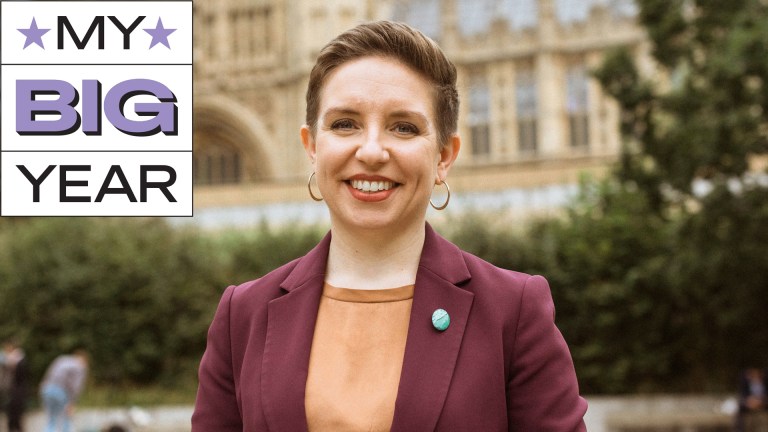“It’s not right that people are being forced to use foodbanks after weeks of waiting for Universal Credit payments,” said The Trussell Trust chief executive Emma Revie.
“The changes announced in last week’s Budget are a good start – but they won’t solve all of the problems foodbanks see, and they won’t help people making new claims this winter.
“We’re seeing soaring levels of need at foodbanks. The time to act is now. If the five-week wait isn’t reduced, the only way to stop even more people being forced to foodbanks this winter will be to pause all new claims to Universal Credit, until funding is in place to reduce the five-week wait.
“Foodbanks cannot continue to pick up the pieces – we have to make sure our benefits system can protect people from hunger.”
While the wait is not facing the axe, Work and Pensions Secretary Esther McVey announced yesterday that the managed migration stage will be changed after it attracted criticism from former Prime Minister John Major and Gordon Brown.
A social security advisory committee (SSAC) report also slammed Universal Credit as “too complex and rushed as well as opening up claimants to too much risk”.
McVey revealed at Oral Questions in the Commons yesterday that the DWP will accept 11 of the SSAC’s 12 recommendations as well as the deadline for claimants to be told of their move on to the system from one month to three.
The Conservative MP also revealed that those receiving income support, jobseeker’s allowance and employment support allowance will be paid for an extra two weeks following the move to Universal Credit from July 2020. And the proportion of repayment on advance loans issued to help bridge the gap will fall from 40 to 30 per cent from October 19.
McVey told the House: “This is targeted support to help work pay and support the vulnerable, which is why today I lay regulations to deliver the next phase of universal credit—managed migration, through which people will be moved on to universal credit.”
The move has been received favourably by Children Poverty Action Group’s Alison Garnham – but she called for a more streamlined transition for claimants.
She said: “There is some good news in the revised regulations including the decision to give people a bit more time to claim universal credit but it’s really disappointing that the government has rejected the argument made by so many organisations for moving people on existing benefits over to universal credit automatically.”
Mind’s Vicky Nash also warned that Universal Credit’s laborious application process still poses a threat to mental health.
“Overwhelming cross-party concerns about moving people over to Universal Credit (UC) is a testimony to how unfit for purpose the final regulations are,” the charity’s head of policy and campaigns said. “We have repeatedly raised our concerns and are appalled to see them being ignored. The regulations are insignificant in fixing this broken process – as it stands there is still no safety net for people before or during the move to Universal Credit.”









